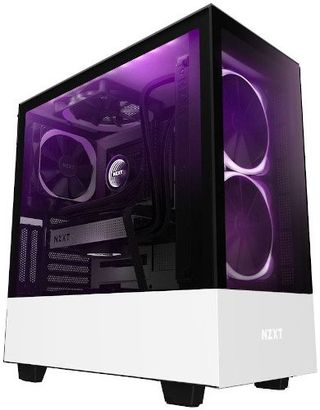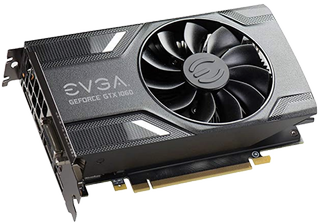Should you buy second-hand computer parts?
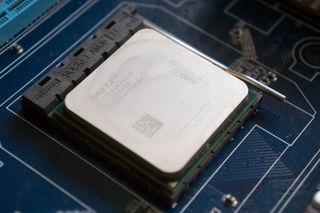
Should you buy second-hand computer parts?
It's possible to grab a bargain when it comes to refurbished or second-hand PC components, but, like buying anything used, you'll want to know some of the negatives when it comes to pre-owned items, especially PC components and parts.
Why you should buy used
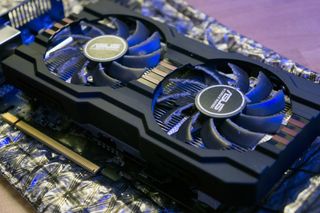
Pros:
- You likely don't need new
- Saving the environment(ish)
- Buy more powerful parts for less
- Save money
The main point when it comes to looking at new PC components is you don't really need brand new parts. It's great to unbox that shiny new CPU, but you don't actually need it to be brand new. Grabbing a CPU in working order from someone else, saving anywhere up to 70%, is a superb deal. This means you can either spend more on getting a better used part or splashing out on something else.
Potentially save big on used parts compared to new.
Even if there is something wrong with the product itself, like cosmetic damage, as long as everything performs as expected, you'll be good to go. It also means you'll be doing your part to keep as much equipment out of landfill sites as possible. Not everyone recycles electronic equipment, so taking parts off of someone else means that part will enjoy per-longed use before finally reaching its end of life.
One should never feel cheap when looking at second-hand equipment for their PC either. That GPU you're getting for less could simply be a throwaway due to the previous owner forking out for an upgrade. It makes no sense for the old unit to be discarded, so if it's an improvement in your system, why not take advantage?
Why you shouldn't buy used
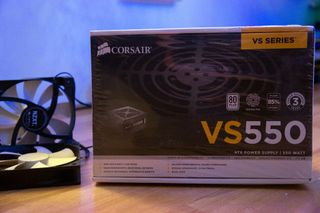
Cons:
- Kiss that warranty goodbye
- Difficult to examine condition
- Unknown wear and tear
- Some parts should always be new (PSU)
The warranty of a particular product is usually tied to the original owner through proof of purchase, so be sure to check the overall condition of whatever you're purchasing from someone and take note of any defects. Purchasing second-hand from a retailer tends to be accompanied by a limited warranty on the item, however. That said, it can prove challenging to examine the condition of a part, the CPU, for example, without having advanced technical knowledge. Refurbished-by-the-manufacturer products usually have their own warranties from the point of purchase, though they're often shorter than a brand-new purchase's warranty.
Used parts aren't all good and likely aren't covered by warranty.
While used components can be a good catch, there are certain components that should always be purchased new. Namely the motherboard, power supply, and hard drives (including SSDs). These parts, in particular, are super-important, especially the motherboard. In my opinion, it's just not worth the risk to go for a second-hand PSU or any storage drive you'll be using daily. Hard disk drives suffer from mechanical wear-and-tear, so to get the maximum lifespan out of one, you should always get it new.
In the worst-case scenario, the used motherboard or PSU may look in excellent condition to the eye, but they could prematurely fail and take out other components with them. That's something you don't want to happen and would end up costing you more to fix, and you have no way of checking just how hard the previous owner pushed your newly purchased parts. The last point to make is trust. Do some research on whoever you're buying from if it's online and always test your used gear before putting everything back together.
Get the Windows Central Newsletter
All the latest news, reviews, and guides for Windows and Xbox diehards.

Rich Edmonds was formerly a Senior Editor of PC hardware at Windows Central, covering everything related to PC components and NAS. He's been involved in technology for more than a decade and knows a thing or two about the magic inside a PC chassis. You can follow him on Twitter at @RichEdmonds.
